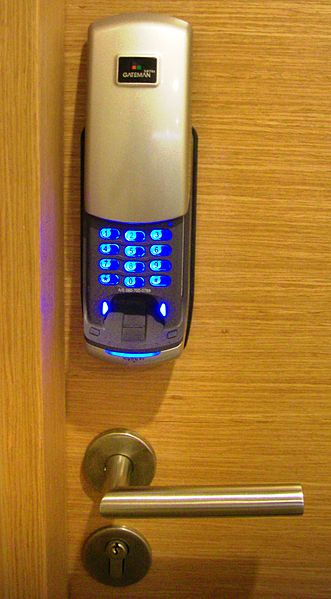Over the years I’ve seen a lot of high-tech gadgets hit the market, flourish for a while, and then die. Some were pretty cool, while others, well, probably not so much.
Most products in our high-speed, high-turnover world are eventually made obsolete by newer, better gadgets (like carbon paper, pagers, floppy disks, tape drives, and on and on). And there are some gadgets that just never seem to go away (fax machines were invented in 1843 and the first fax from Paris
to Lyon was sent in 1860 – and even though there are many technologies out there which could easily do a better, faster job many companies still rely on fax machines).

But sometimes the gadgets just miss the mark somehow. On the surface they sound like a good idea and I’m sure that the companies who develop and market them are convinced that their particular gadget (or reinvention of someone else’s gadget) is going to make them a fortune – even if half a dozen other companies before them, with pretty much the same idea failed miserably.
For example, gadgets for home automation have been around since the early 80s. I saw complete home automation gadgets for the VIC-20 back in 1983 that would turn lights and coffee makers on and off, adjust thermostats, and activate home security systems. Pretty cool stuff back then. But sooner
rather than later the company went belly up. Seems that people didn’t actually want that stuff. No matter.

In the decades since then company after company reinvented and tried to market home automation gadgets. They all could turn lights and coffee makers on and off, control thermostats, and activate home security systems and all of them ultimately failed. People didn’t want those systems in the 80s, or the 90s, or the 2000s.
And now there are new companies trying to market home automation gadgets that turn lights and coffee makers on and off, adjust thermostats, and activate home security systems only this time they can all be controlled remotely with a smart phone. Hey, maybe that’s the golden piece of the puzzle that everyone has been waiting for all these decades…but I doubt it.
Most people don’t care about turning their lights on or off automatically (or remotely). Most coffee makers, thermostats and home security systems already have built-in clocks and if you really care enough to figure out how to program the silly things, they will turn themselves on and off automatically.

Of course that usually lasts until the first time you forget to fill the coffee pot before you go to bed and it turns itself on anyway burning the bottom of the glass carafe. At that point most of us realize that we can
get up, clean out the coffee maker, fill it and turn it on in about two minutes. Two minutes later we have hot coffee. Four minutes in the morning is a better trade off than programming the coffee maker to go off automatically (and reprogramming it again every time the power goes out).
And even though our thermostats can be programmed and so can our security systems I would bet that 90% of the people that own them never actually program them. The same is true for electronic door locks that can be activated remotely from a smart phone or tablet.

If you are the kind of person who is willing to spend $250 on an electronic door lock that can be activated from afar, then you are probably not the kind of person that would ever forget to lock your door when you left the house. (Then again, people who spend $250 on an electronic door lock are probably slightly paranoid and would want to check, and recheck multiple times a day to make sure that yes, the door is still locked.)
And manufacturers like LG has been trying to promote their line of smart kitchen appliances that can talk to each other for nearly a decade. Personally I always thought it would be cool if my fridge could keep track of expiration dates, tell me when I was running out of eggs, and even put together my grocery list. Or if I was at the store and wondered if I had any almond extract at home I could use my smart phone to check my smart pantry.
And I keep waiting for that microwave oven that can scan a barcode (or RFID chip) and automatically set the power level and cook time based on the manufacturer’s recommendations.
Or if I found a recipe for something online, I could have my tablet check with my fridge and smart pantry to see what ingredients I’m missing and then put together a list and send it to my phone along with directions to the nearest grocery store. Even better yet, I want a reverse recipe app where I input the word ‘cookies’ and my smart
phone checks with my fridge and electronic pantry then goes online and searches for cookie recipes I could make with the ingredients I already have.
Yes, I can imagine a smart home with smart appliances, smart locks, and smart coffee pots all working in harmony to make my life easier, more productive, safer, and has more cookies. Of course, I can also imagine the havoc in store for us when the first viruses start infecting our ‘smart’ homes.






